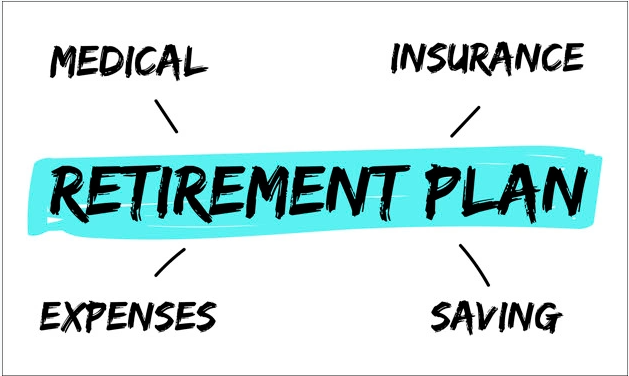Second Method: Having Sufficient Income to Do What You Really Want to Do
1. Look for elder discounts.
Many restaurants and businesses provide discounts for persons over 65. Some even give this advantage for folks as young as 55. Don’t be scared to inquire about discounts because they aren’t advertised everywhere. Consider joining member clubs, which offers even more senior discounts at a variety of companies.
2. Reduce the amount of your living space.
You could discover once you retire that you don’t have enough money to satisfy the needs of what you wish to accomplish. If this is the case, you might want to consider downsizing to a smaller home. Even if your property is already paid for, you might invest the earnings to increase your earnings in your older life. You may also think about renting out a room. That way, you may invest all of your house’s revenues and have a place to reside without having to maintain it.

3. You live in a tax-free state.
While it may seem strange to relocate at this stage in your life, you’ll find that certain jurisdictions do not tax pensions or social security benefits. Texas, Georgia, and California are just a handful of the states that have this advantage. When deciding where to retire, this is only one of several aspects to consider.
4. Get some part-time work
Possibly you just need a little extra cash for a special occasion. If that’s the case, consider picking up some part-time work. You might, for example, provide tutoring to local teenagers. You might also continue to consult in your areas of expertise to put your skills to use. Pet and house sitting are two more options. All of these side occupations will provide you with the additional funds you require to enjoy your retirement.
5. Get rid of whatever you don’t need.
While donating stuff to local organizations is a wonderful gesture, you may also sell unwanted items locally or online. You may earn additional money while also decluttering your house.
6. Monetary Prizes
Many grocery shops, for example, have loyalty systems where you may get a discount on petrol or personalized coupons if you sign up. It’s also possible that your credit card has a rewards program. Make sure you take advantage of all of the perks you come across since they may add up to a significant amount of money.
7. Fill out a Medicare application.
Many, but not all, of your medical expenditures will be covered by Medicare after retirement. If you need extra coverage, you may need to purchase a supplemental plan, which can be less expensive in the long run. The majority of persons are covered by Medicare Parts A and B. With a co-pay, these two policy covers hospital and doctor visits. Part C, a supplemental plan that covers elements of what A and B don’t, is also available to some people. A Part D plan, which is also supplementary, can assist you in covering your drug costs. In most circumstances, Part A is free (if you have paid into Medicare for at least 40 years), but Part B has a cost dependent on your earnings. Parts C and D are commonly purchased as add-ons.
8. Think about your bills.
Examine your monthly costs and eliminate everything you don’t use frequently or that isn’t necessary. You may conclude, for example, that purchasing a newspaper every day isn’t necessary because you can obtain most of your news online. However, you can decide that you don’t need cable and can obtain your entertainment for less money through internet streaming options.





One thought on “How to Have a Good Time After You’ve Retired – Part Two”